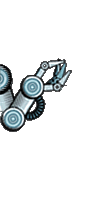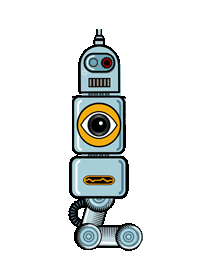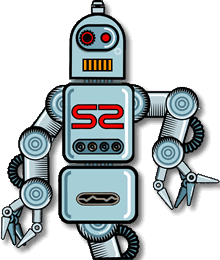Explore this spelling list: GCSE Music: Harmony and Tonality 2. This page is filled with fun activities, spelling games, and resources to aid in your spelling journey. Engage with our online games, spelling exercises, and downloadable content. Use the Learn, Games, Test, Print, or Write buttons to view all the activities.
Key words for GCSE Music.
|
|
diatonic |
Diatonic refers to notes in a key.
|
|
|
chromatic |
A piece that ascends or descends in semitones is called chromatic.
|
|
|
tonic |
The tonic is the first note in a scale.
|
|
|
dominant |
The dominant is the fifth note in a scale.
|
|
|
perfect |
Perfect cadence uses the chords V-I and makes a piece sound like its ending.
|
|
|
cadence |
Imperfect cadence ends on the chord V and makes a piece sound unfinished.
|
|
|
imperfect |
Imperfect cadence ends on the chord V and makes a piece sound unfinished.
|
|
|
interrupted |
Interrupted cadence is when a surprise minor chord is used in place of the expected perfect cadence.
|
|
|
plagal |
A plagal cadence uses the chords IV-I and makes a piece sound finished.
|
|
|
modulation |
Modulation is when a piece changes key and has a new tonal centre.
|
|
|
modal |
Music that uses a mode is called modal.
|
Enhance your spelling proficiency with interactive and fun exercises.



How to use:
Look and read the word.
Say the word. Click the speaker icon.
Cover the word.
Write the word.
Check your spelling.
Play interactive games to practice these words in a fun way.
 Springtime Spelling
Springtime Spelling
Spring into spelling!
![]()
![]()
 Egg Hunt
Egg Hunt
Crack the eggs!
![]()
 Word Search, small
Word Search, small
The classic English word game.
![]()
![]()
![]()
 Against the Clock
Against the Clock
Spelling 'against the clock'.
![]()
![]()
 Mayan Temple
Mayan Temple
Try the temple spelling puzzle.
![]()
 Monkey Business
Monkey Business
It's bananas!
![]()
Measure your progress with a spelling test on these words.
Download and print spelling worksheets for this word list.
Practice handwriting and spelling with interactive exercises.

This word list was created by Spellzone. View more Spellzone course lists or curriculum word lists.
"Spellzone fits in beautifully with our Scope and Sequence of Phonological Awareness and Spelling. It also aligns perfectly with the four areas of spelling knowledge and uses the Brain, Ears, Eyes approach to learning spelling."
Thank you!